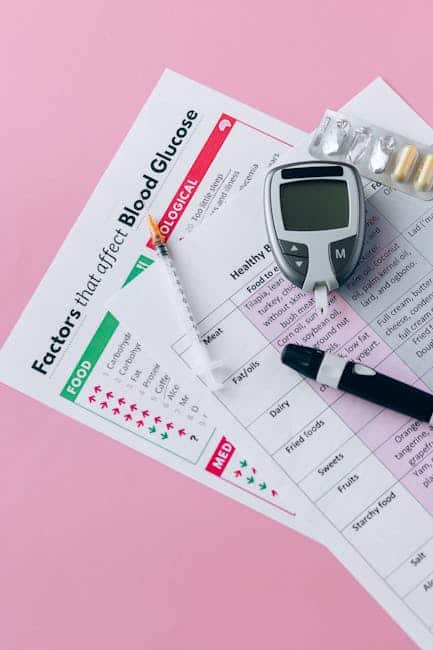How to Cure Acne: The Role of Sugar Intake
Acne is a common skin condition that affects millions of people worldwide. While there are many factors that contribute to acne, one that often gets overlooked is sugar intake. In this blog post, we’ll explore how sugar can impact your skin and provide practical tips on how to manage your sugar consumption to help clear up acne.
Table of Contents
1. Introduction
2. Understanding Acne and Its Causes
3. The Connection Between Sugar and Acne
4. The Science Behind Sugar-Induced Acne
5. Tips to Reduce Sugar Intake and Improve Skin Health
6. Conclusion
7. FAQs
Understanding Acne and Its Causes
Acne is a skin condition that occurs when hair follicles become clogged with oil and dead skin cells. It often causes whiteheads, blackheads, or pimples and can appear on the face, forehead, chest, upper back, and shoulders. While acne is most common among teenagers, it can affect people of all ages.
The causes of acne are varied and can include hormonal changes, certain medications, diet, and genetics. Among these factors, diet has gained significant attention, especially the role of sugar.
The Connection Between Sugar and Acne
It’s no secret that diet plays a crucial role in the health of your skin. High sugar intake, in particular, has been linked to the development and exacerbation of acne. But why is sugar such a culprit?
Sugar, especially in the form of refined carbohydrates, can spike insulin levels, leading to increased oil production in the skin. This excess oil can clog pores, providing a fertile ground for acne-causing bacteria to thrive. 😣
The Science Behind Sugar-Induced Acne
When you consume sugar, your body breaks it down into glucose, which then enters your bloodstream. This causes your blood sugar levels to rise, prompting the pancreas to release insulin. Insulin is a hormone that helps your cells absorb glucose for energy.
However, high insulin levels can also trigger the production of androgens, hormones that increase oil production in the skin. Additionally, high sugar intake can lead to inflammation, another factor that can worsen acne.
Studies have shown that people with acne often have higher insulin levels and a higher glycemic load from their diet. This suggests that managing sugar intake could be a beneficial strategy for those struggling with acne.
Tips to Reduce Sugar Intake and Improve Skin Health
1. **Read Labels**: Start by reading food labels to identify hidden sugars. Look out for ingredients like high-fructose corn syrup, sucrose, and dextrose.
2. **Choose Whole Foods**: Opt for whole, unprocessed foods like fruits, vegetables, lean proteins, and whole grains. These foods have a lower glycemic index and won’t spike your blood sugar levels as much.
3. **Limit Sugary Beverages**: Drinks like soda, energy drinks, and even some fruit juices are loaded with sugar. Choose water, herbal tea, or black coffee instead. 🥤❌
4. **Snack Wisely**: Instead of reaching for sugary snacks, choose nuts, seeds, or yogurt. These options are not only healthier but also more satisfying.
5. **Gradual Reduction**: If you have a sweet tooth, try reducing your sugar intake gradually. This can help prevent cravings and make it easier to stick to a low-sugar diet.
6. **Cook at Home**: Preparing meals at home gives you control over the ingredients and allows you to reduce added sugars in your diet.
Conclusion
While acne can be challenging to manage, understanding the role of sugar in its development offers a valuable strategy for clearer skin. By reducing sugar intake and adopting a balanced diet, you can potentially reduce the severity of your acne and enjoy healthier skin.
Remember, changes won’t happen overnight. Be patient and consistent with your dietary adjustments, and consult a dermatologist if your acne persists. 🌟
FAQs
Q: How quickly can reducing sugar improve acne?
A: Improvements can vary, but many people notice changes in their skin within a few weeks of reducing their sugar intake.
Q: Can artificial sweeteners cause acne?
A: Artificial sweeteners are generally not linked to acne, but some people may experience skin reactions. It’s best to monitor how your skin responds to these sweeteners.
Q: Are natural sugars in fruits also bad for acne?
A: Natural sugars found in fruits are accompanied by fiber, vitamins, and minerals, which can be beneficial for your skin. However, it’s still important to consume them in moderation.
By understanding and managing the impact of sugar on your skin, you can take proactive steps toward achieving clearer, healthier skin. 😊
